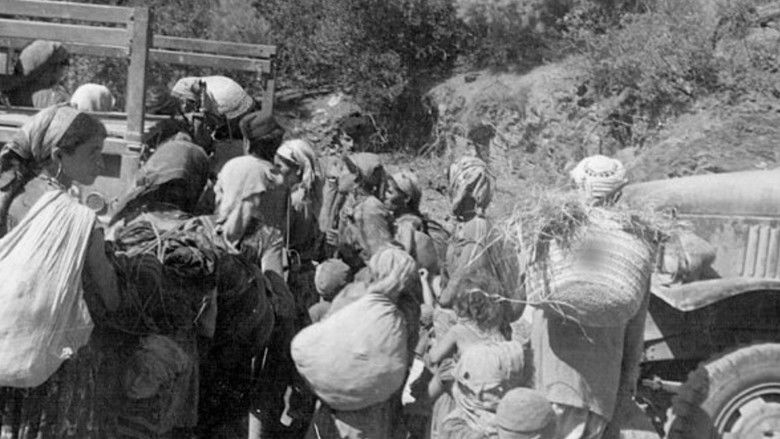Algerian Refugees
Genres
Documentary
OverView
Directed by Pierre Clément and Djamel-Eddine Chanderli, produced by the FLN Information Service in 1958, this film is a rare document. Pierre Clément is considered one of the founders of Algerian cinema. In this film he shows images of Algerian refugee camps in Tunisia and their living conditions. A restored DVD version released in 2016, from the 35 mm original donated by Pierre Clément to the Contemporary International Documentation Library (BDIC).
Others
Budget
$--
Revenue
$--
Status
Released
Original Language
French
Runtime
15 mins
Rating
10/10
Release Date
01 January 1958
Country
Algeria

